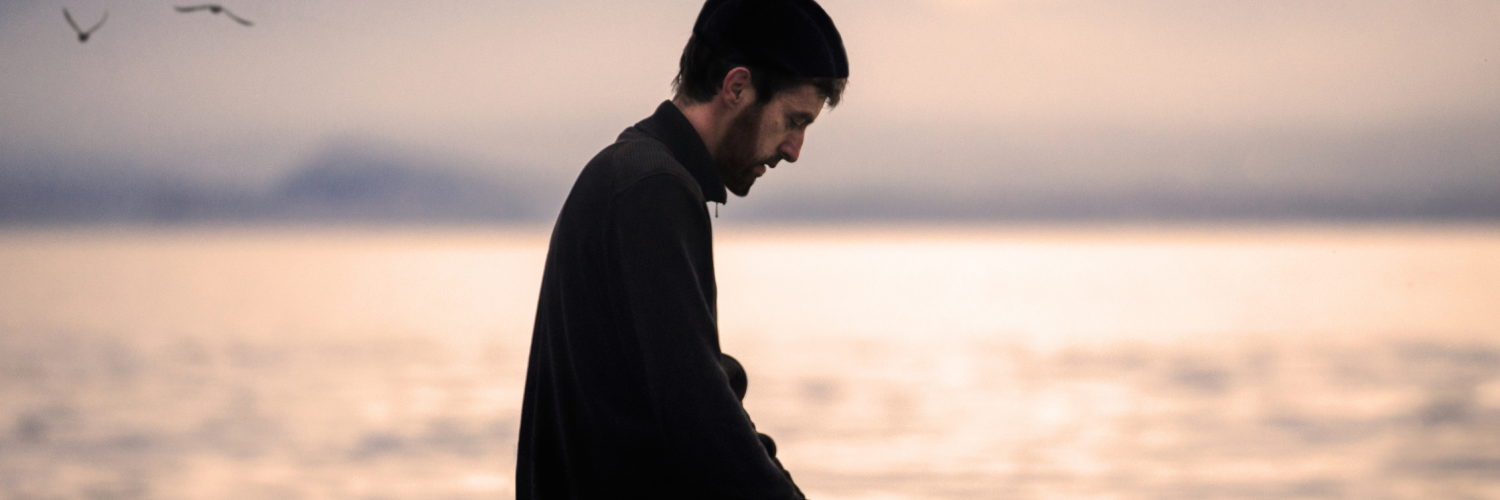Purification is a manifestation of the perfection of faith, as stated by the Prophet Muhammad (peace be upon him):
“Purification is half of faith.” (Hadith)
Thaharah is achieved by removing hadath (ritual impurity) and najasah (physical impurities) through the use of water or dust, which are considered purifying agents. Impurities are obstacles that prevent a Muslim from performing acts of worship such as salah. Therefore, cleansing the body and clothing from impurities is a necessary condition that must be fulfilled before performing salah.
The water used for Thaharah must be pure in its essence and suitable for purification, as stated by Allah the Almighty:
“And He sends down upon you from the sky, rain to purify you with it.” (Qur’an, Surah Al-Anfal: 11)
In another verse, Allah says:
“And We sent down from the sky pure water.” (Qur’an, Surah Al-Furqan: 48)
Similarly, Thaharah can also be performed using dust, known as Tayammum, under specific circumstances such as the unavailability of water, illness that prevents contact with water, or other valid reasons. Allah has provided this concession to facilitate purification, both spiritually and physically, before engaging in worship.
Regarding Tayammum, Allah says:
“And if you are ill or on a journey or one of you comes from the place of relieving himself or you have contacted women and do not find water, then seek clean earth and wipe over your faces and hands with it.” (Qur’an, Surah Al-Ma’idah: 6)
The Prophet Muhammad (peace be upon him) also said:
“Pure earth is a means of purification for a Muslim, even if he does not find water for ten years.” (Hadith)
This highlights the flexibility and mercy of Islamic teachings, ensuring that every Muslim has the means to purify themselves and fulfill their religious obligations under all circumstances.
